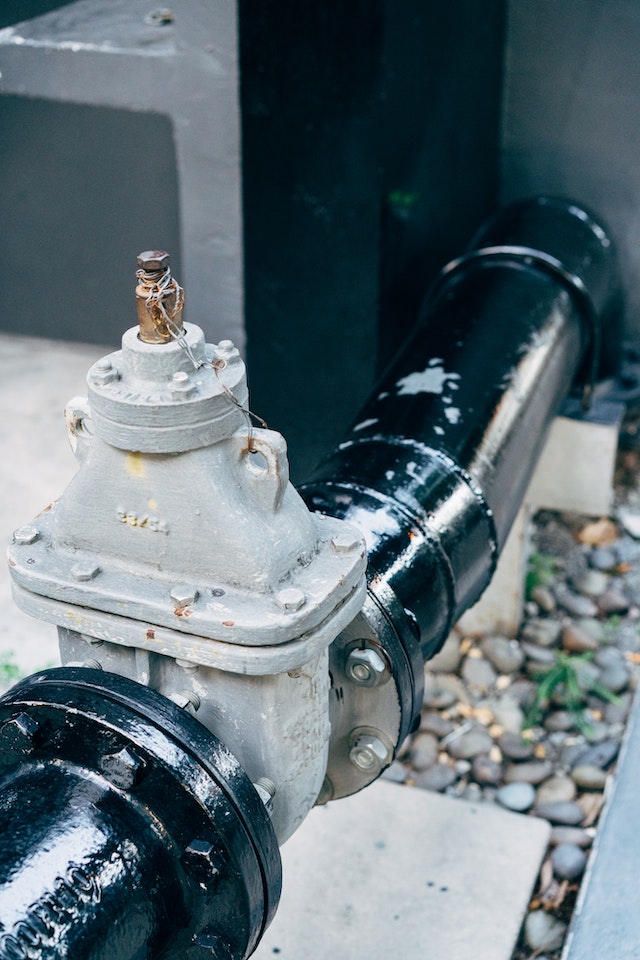Water pipelines are very important systems that convey clean water either after treatment plants or natural sources to homes, industries and communities. They make an inseparable part of the infrastructure today and they are in charge of making people access safe and reliable water on a daily basis. These pipelines are important not only to support the life of the day but also to be effective in the sphere of agriculture, manufacturing, and emergency services. When well designed, maintained and manufactured, australian water pipelines can be used over decades, and this will be an effective and sustainable way of distributing water.
Forms and Construction of Water Pipelines.
There are also several types of water pipelines and they are constructed of different materials according to the purpose and the surroundings that it is used. The typical materials are steel, ductile iron, PVC (polyvinyl chloride), HDPE (high-density polyethylene) and concrete. The ductile iron and steel pipes are as well appreciated due to their strength and durability particularly in high pressure systems. PVC and HDPE pipelines are lightweight, with no corrosion, and need not require an extended installation period; hence, they are commonly selected as residential/municipal pipelines. Depending on the water pressure, temperature, soil condition, and budget, the kind of pipe applied is determined. Both materials have their own benefits which play a role towards the effectiveness and sustainability of water systems.

Significance of Water pipes in everyday life.
The water pipes play a very significant role in the development of the people and the city. They make sure that there is constant supply of clean drinking water, cooking water, sanitation water, and industrial water. Quality pipelines minimize losses in water through leakages and ensure the same through contamination. In urban areas, proper networks are designed to accommodate water demands that are on the increase besides supporting fire fighting systems, irrigation and industrial processes. In the rural communities, pipelines are critical in enhancing the living standard of the people by making it easy to access the sources of safe water. Communities would go through a lot of difficulties in hygiene, food production and economic development without an efficient pipeline network.

Water Pipeline Systems Maintenance and Problems.
Water pipelines have issues like old infrastructure, corrosion, and leakages despite their relevance. It is necessary to maintain the equipment regularly and replace it in time to avoid water wastage and achieve stability in quality. There is the increasing use of modern technologies such as smart sensors, automated monitoring systems to detect leaks and measure pressure in real-time. The innovations contribute to the efficiency enhancement and cost decrease in the repair. Nevertheless, the pipeline systems of large scale also demand substantial investment in upgrades and management in order to support the rising populations and climate effects. Communities could also have long term water distribution networks, by considering maintenance and implementing modern technology.
Water pipelines are these underground lifelines which ensure smooth operation of the cities and communities. They still offer safe, clean and reliable water, a resource very important in all walks of life, through long-lasting materials, good design and maintenance.







